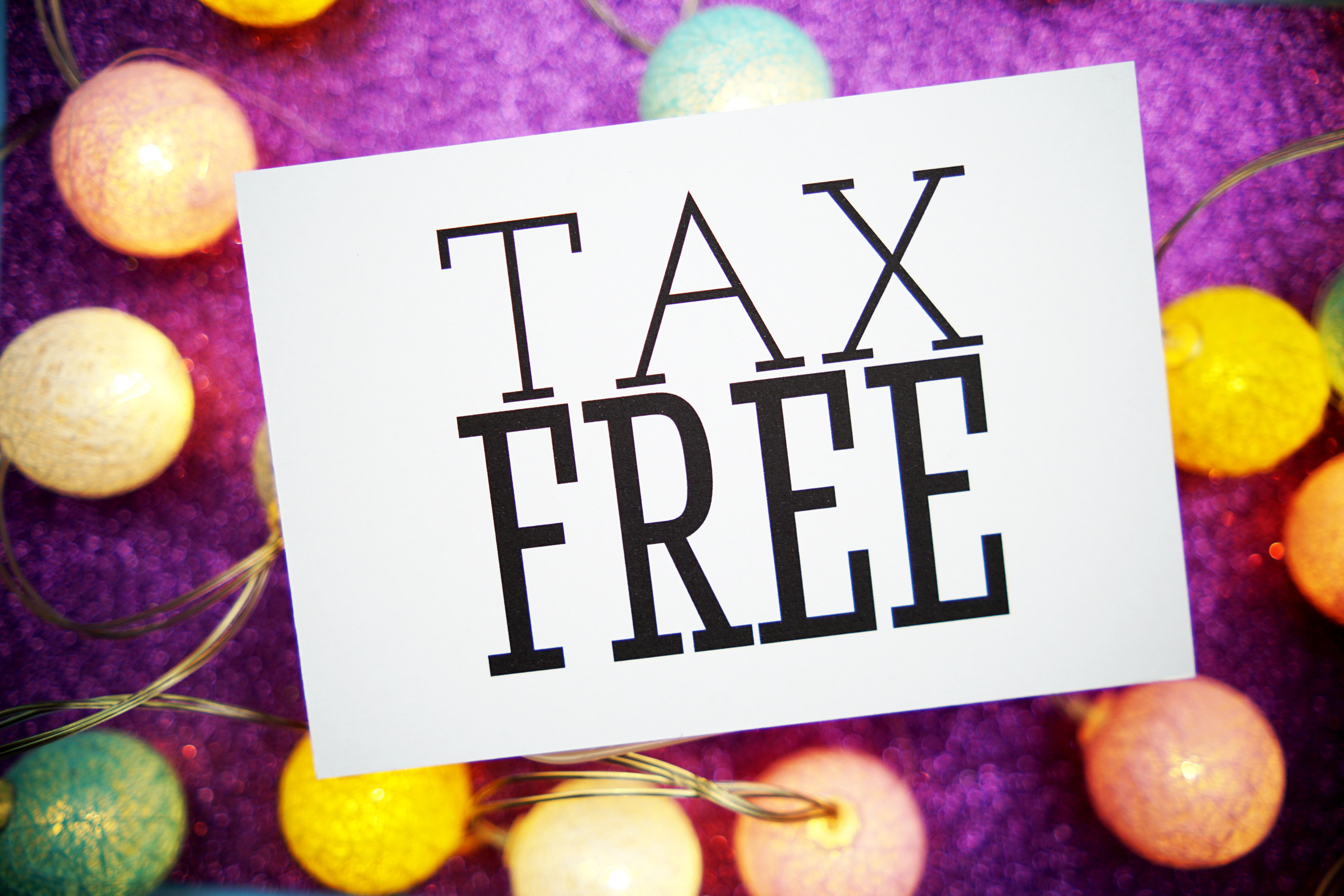Once upon a time, selling online meant little more than setting up a website and sending both marketing efforts and sales direct to your customers from you.
No more. Online selling today often involves relying on such household-name marketplaces as Amazon, Etsy, eBay and now even TikTok. But selling in U.S. jurisdictions also involves dealing with sales tax. Responsibility to pay sales tax is based on a variety of factors, such as where the seller and buyer reside and the nature of the product being sold (some items qualify for sales tax exemptions).
On a marketplace platform, who has responsibility for the sales tax?
Amazon
Started by Jeff Bezos in his garage 30 years ago, the world’s e-commerce goliath is a “marketplace facilitator,” a business or organization that contracts with third parties to sell goods and services on its platform.
States, realizing that marketplace facilitators could be an overlooked source of revenue, have created laws that shift the sales tax collection and remittance obligations from a third-party seller to the marketplace facilitator when applicable.
“As the marketplace facilitator, Amazon will now be responsible to calculate, collect, remit, and refund state sales tax on sales sold by third-party sellers for transactions destined to states where Marketplace Facilitator and/or Marketplace collection legislation is enacted,” Amazon says, though in certain states, local taxes are not included within the marketplace facilitator laws that most states now have.
(Marketplace facilitators can also be called on the carpet just like individual remote sellers can if they fail in sales tax obligations, as happened recently to Amazon in South Carolina.)
Note that a facilitator such as Amazon might also have warehouses in many states to store the inventory of its sellers. Stored inventory can trigger physical nexus for a retailer (though states such as Illinois and Pennsylvania may be easing off of that stance).
Other well-known marketplaces
eBay: The household-name auction site collects and remits sales tax for buyers in many states, with caveats:
- If the shipping address is in one of the marketplace responsibility states within the U.S., sales tax will be collected by eBay and included in the order total.
- If the shipping address isn’t in one of the marketplace responsibility states but the seller has a responsibility to charge sales tax, eBay provides tools to calculate applicable taxes.
- If neither eBay nor the seller is required to collect sales tax on the purchase, sellers may need to pay taxes directly to the state or local tax authority.
Checking with a tax advisor is highly recommended. The platform also offers tools to verify exemptions and varied fees, including recycling fees and retail delivery fees.
Etsy: The independent crafters’ marketplace, Etsy, collects state sales tax on some orders. Etsy calculates the state sales tax rate for the shipping address, charges the buyer, and sends the tax owed to the state.
The platform currently calculates, collects and remits state sales tax on shipments to (in the order in which they began): Washington, Pennsylvania, Oklahoma, Minnesota, Iowa, Connecticut, South Carolina, South Dakota, New Jersey, the District of Columbia, New York, Idaho, Nebraska, Alabama, Arkansas, Kentucky, California, Maine, Massachusetts, North Dakota, Texas, Utah, Wisconsin, New Mexico, Colorado, Rhode Island, Maryland, Virginia, Nevada, West Virginia, Hawaii, Illinois, Michigan, North Carolina, Georgia, Louisiana, Mississippi, Tennessee, Puerto Rico, Florida and Kansas.
Among other details and typical of many of these platforms, vendors with a physical presence in a state where Etsy collects and remits state sales tax do not have to remit any tax collected on sales; the platform remits the money for the vendor. The platform also has a sales tax tool for vendors.
TikTok: As a marketplace facilitator, TikTok may be congressionally embattled but is legally required to calculate, charge and collect applicable sales taxes on all sales made through its retail arm, TikTok Shop, which enables product discovery, checkout and post-payment activities from within the TikTok app.
TikTok uses a third-party tax engine for calculation – and right now, TikTok is not supporting a buyer exemption system where exempt buyers can purchase items tax free on TikTok Shop. Double-check sales tax compliance of your TikTok sales and keep all documentation to back up a compliance position.
Shopify: This Canada-based platform is in fact not a marketplace facilitator and is not required to collect and remit sales tax for its sellers. The site says users can set up Shopify “to automatically handle most common sales tax calculations” and “tax overrides to address unique tax laws and situations.” Shopify uses many default sales tax rates that are updated regularly and has resources for sellers to double-check nexus and sales tax registrations.
The more advanced and expensive the Shopify tier, the more the platform does for users regarding sales tax, including integration with third-party providers. A new Shopify Tax feature allows for tracking sales tax liability, collection of taxes and simplifying of filing.
When it comes to your sales tax compliance, never leave anything to chance.
Sales tax is more complicated than ever. Rely on sales tax experts to maintain your compliance. Contact TaxConnex to learn what it means when sales tax is all on us.






.png?width=1200&height=628&name=2023%20logo%20with%20SOC%20and%20clearly%20rated%20(2).png)